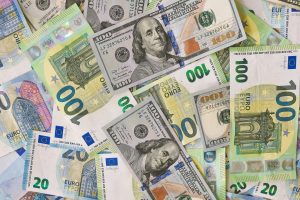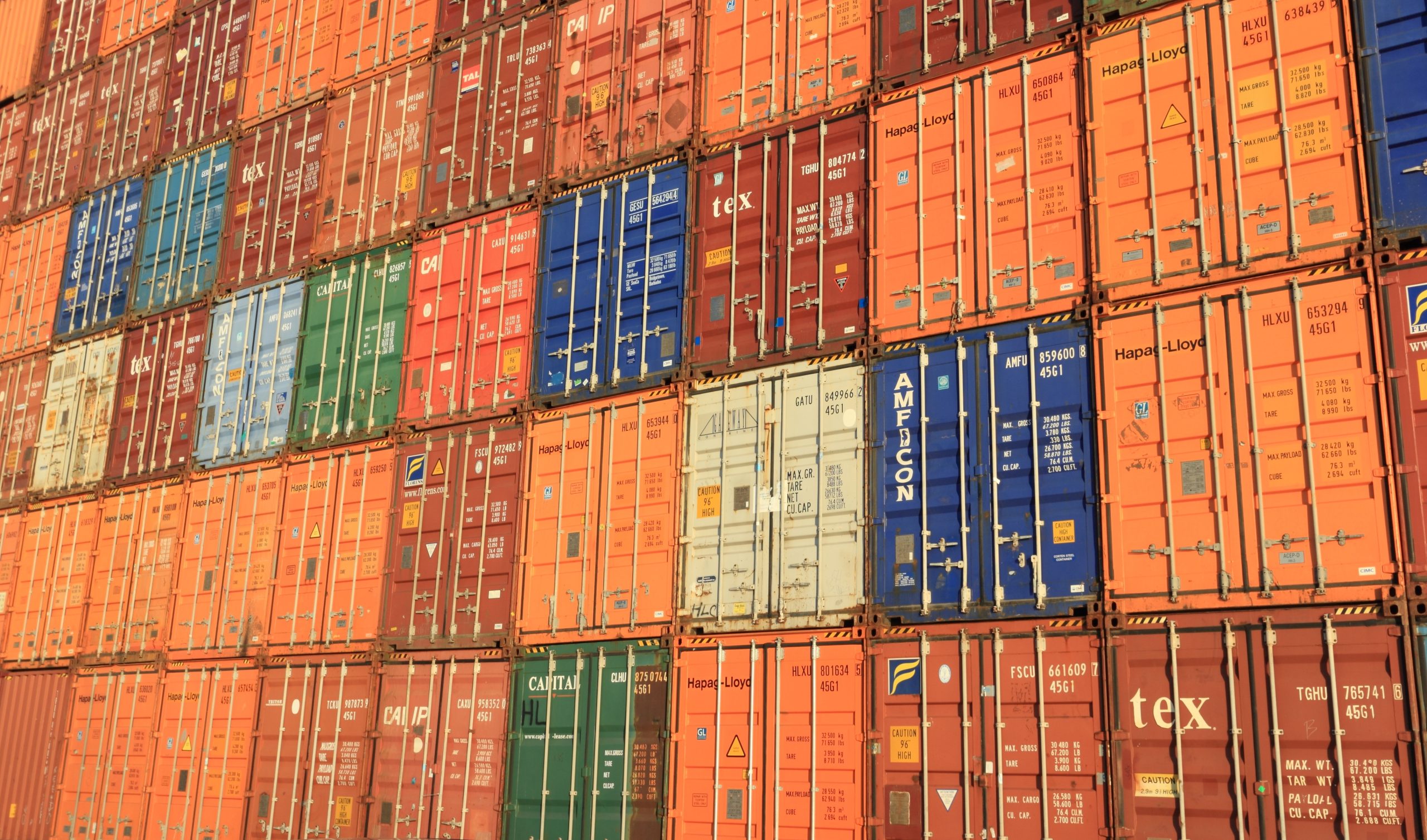Currency markets, or foreign exchange (forex) markets, are among the most sensitive and reactive financial markets. They are heavily influenced by various global economic events, ranging from geopolitical tensions to major policy shifts by influential economies. Understanding the impact of these events on currency markets helps investors, governments, and businesses make informed financial decisions. In this article, we will examine how different global economic events impact currency markets, highlighting significant trends, consequences, and key takeaways.
1. Introduction to Currency Markets
Currency markets play a crucial role in international trade, investment, and economic stability. Unlike stock markets, forex markets operate 24/7 and involve the buying and selling of currencies. The values of different currencies are primarily influenced by factors like interest rates, economic stability, and geopolitical events. Given their complexity, these markets are highly sensitive to any fluctuations or announcements that indicate a shift in economic policy, trade regulations, or political alliances.
Forex trading pairs, such as USD/EUR or USD/JPY, are used to measure the strength or weakness of one currency against another. For instance, when the USD strengthens against the EUR, the USD/EUR exchange rate will rise, indicating increased demand for USD or reduced demand for EUR. Through understanding this correlation, one can see how pivotal economic events impact the value of global currencies.
2. Types of Global Economic Events Influencing Currency Markets
Global economic events vary in their scope, scale, and impact. Key types include:
a) Monetary Policy Changes
Central banks such as the U.S. Federal Reserve, the European Central Bank, and the Bank of Japan regularly adjust monetary policies, influencing interest rates and money supply. These changes directly affect currency values. For example, an interest rate hike in the U.S. typically strengthens the USD because higher rates attract investors looking for better returns.
b) Economic Data Releases
Governments and agencies frequently release economic data like GDP growth, inflation, unemployment rates, and trade balance figures. These data points act as indicators of economic health, and traders respond quickly to them. Positive data can strengthen a country’s currency, while negative data may lead to a decline.
c) Geopolitical Events
Political tensions, such as trade wars, conflicts, or diplomatic breakdowns, create uncertainty in the markets. For instance, when tensions rise between major economies, investors might flock to “safe-haven” currencies like the USD, CHF, or JPY. Conversely, countries embroiled in conflict may see their currencies depreciate due to reduced investor confidence.
d) Natural Disasters and Health Crises
Events like earthquakes, hurricanes, or pandemics disrupt economic stability, directly impacting currency values. The COVID-19 pandemic, for instance, led to unprecedented disruptions in global markets, with currencies like the USD and JPY strengthening as investors sought stability in uncertain times.
3. Case Studies of Major Economic Events and Their Impact on Currency Markets

To illustrate the effect of global economic events on currency markets, let’s explore some notable examples:
a) The Global Financial Crisis (2008-2009)
The 2008 financial crisis significantly affected currency markets. The crisis originated in the United States but quickly spread globally. As a result, investors sought safe-haven currencies like the Swiss Franc (CHF) and the Japanese Yen (JPY). Meanwhile, currencies linked to commodity exports, such as the Australian Dollar (AUD) and Canadian Dollar (CAD), weakened due to reduced global demand.
b) Brexit Referendum (2016)
In 2016, the United Kingdom’s decision to leave the European Union created substantial uncertainty around the British Pound (GBP). Following the referendum, the GBP fell sharply against other major currencies due to concerns over trade and economic stability. The pound’s volatility persisted for years as Brexit negotiations unfolded.
c) COVID-19 Pandemic (2020)
The onset of the COVID-19 pandemic disrupted global economies, forcing governments to impose lockdowns. Investors gravitated toward safe-haven assets, causing a significant surge in the USD, despite U.S. economic struggles. Emerging market currencies, in contrast, depreciated as capital flowed to more stable economies.
4. Analysis of Currency Volatility Due to Economic Events
Currency volatility refers to the fluctuations in exchange rates due to market forces. Global economic events typically result in increased volatility in currency markets, making them particularly sensitive to external shocks. In response to these events, central banks often intervene, either by adjusting interest rates or by directly participating in the forex markets to stabilize their currencies.
Table: Analysis of Currency Volatility in Response to Major Economic Events
| Event | Impacted Currencies | Volatility Effect | Long-Term Outcome |
|---|---|---|---|
| Global Financial Crisis | USD, CHF, JPY, AUD, CAD | High volatility across markets | Safe-haven currencies strengthened |
| Brexit Referendum | GBP, EUR, USD | High GBP volatility | GBP gradually stabilized post-Brexit |
| COVID-19 Pandemic | USD, JPY, Emerging Currencies | Sharp volatility due to lockdowns | Emerging currencies weakened |
| Trade War (US-China) | USD, CNY, JPY, CHF | Increased volatility in USD/CNY | Uncertainty led to JPY/CHF appreciation |
This table shows that events like financial crises or health crises tend to strengthen safe-haven currencies, while economic uncertainty weakens emerging market currencies.
5. Comparative Analysis of Different Economic Events on Currency Markets
Different economic events have varying impacts based on factors such as event duration, geographic scope, and the economies involved. Comparing these events helps highlight patterns and predict future market behaviors.
Table: Comparative Analysis of Different Economic Events on Currency Markets
| Event Type | Primary Impact on Currency Markets | Typical Currency Movements | Example |
|---|---|---|---|
| Financial Crisis | Increases risk aversion; investors seek stability | Safe-haven currencies appreciate | 2008 Financial Crisis |
| Policy Changes | Alters interest rate expectations and investment flows | Currency of high-interest country rises | Fed Rate Hikes |
| Geopolitical Events | Creates uncertainty, affecting trade and investment | Safe-haven currencies rise; affected currencies drop | Brexit, US-China Trade War |
| Natural Disasters | Short-term volatility; disrupts production and supply | Affected currency may weaken | Japan Earthquake, COVID-19 Pandemic |
From the comparison, we can see that while financial crises and geopolitical events generally cause prolonged volatility, policy changes tend to have more immediate but shorter-term effects on currency values.
6. Conclusion
The influence of global economic events on currency markets underscores the importance of macroeconomic indicators and geopolitical stability in shaping global finance. Major financial crises, policy changes, geopolitical tensions, and natural disasters all have the potential to sway currency markets significantly. Understanding these impacts enables investors and governments to make more informed and strategic decisions.
For those involved in forex trading, staying updated on these economic events and preparing for potential currency volatility is essential. As global markets continue to interconnect, the ripple effects of significant economic events will remain a prominent factor in currency market dynamics.
7. The Role of Central Banks in Mitigating Economic Event Impacts
Central banks play a crucial role in moderating the effects of global economic events on currency markets. By adjusting interest rates, intervening in foreign exchange markets, or altering monetary policy, central banks attempt to stabilize their national currency. For instance, during the European Debt Crisis, the European Central Bank implemented a range of policies to support the euro and restore investor confidence. Similarly, the U.S. Federal Reserve’s interventions during economic downturns often influence the USD’s strength and can set off a chain reaction in global currency markets. By understanding central bank actions, investors can better anticipate market movements and adjust their strategies accordingly.
8. Impact of Trade Agreements and Tariffs on Currency Markets
Trade policies, including tariffs and trade agreements, significantly influence currency valuations. When countries establish favorable trade agreements, they often boost the demand for their currencies, as these agreements make their exports more attractive. Conversely, tariffs and trade restrictions can lead to currency depreciation if they reduce trade volume or create economic strain. A prominent example of this is the U.S.-China trade war, where tariffs and counter-tariffs led to substantial fluctuations in the USD and CNY exchange rates. Such trade-induced currency volatility underlines the interconnected nature of trade policies and forex markets, affecting everything from import/export businesses to global investments.
9. The Psychological Impact of Economic Events on Investors
Beyond the tangible economic indicators, investor psychology plays a critical role in currency market reactions to global economic events. When investors perceive instability or risk, they often shift their assets to safer currencies, reinforcing the trend of “safe-haven” currencies like the USD, CHF, or JPY appreciating during uncertain times. This behavior was evident during the COVID-19 pandemic, where fears about economic downturns and public health crises led to increased demand for these currencies. Thus, understanding investor sentiment and psychological responses can provide deeper insights into market movements, helping analysts predict how currencies may react to upcoming economic events.
10. Technology and Information Flow in Currency Markets
Technological advancements and the accelerated flow of information have also amplified the responsiveness of currency markets to global economic events. In today’s world, economic news and data are disseminated almost instantly, leading to rapid reactions in currency values. Social media, financial news platforms, and data analytics enable traders to act on information in real time, which can exacerbate short-term volatility in the forex markets. For example, unexpected announcements, such as economic sanctions or policy shifts, can lead to immediate trading actions that amplify currency fluctuations. This fast-paced environment demands that traders and investors stay vigilant and adapt quickly to protect their assets or capitalize on opportunities.










